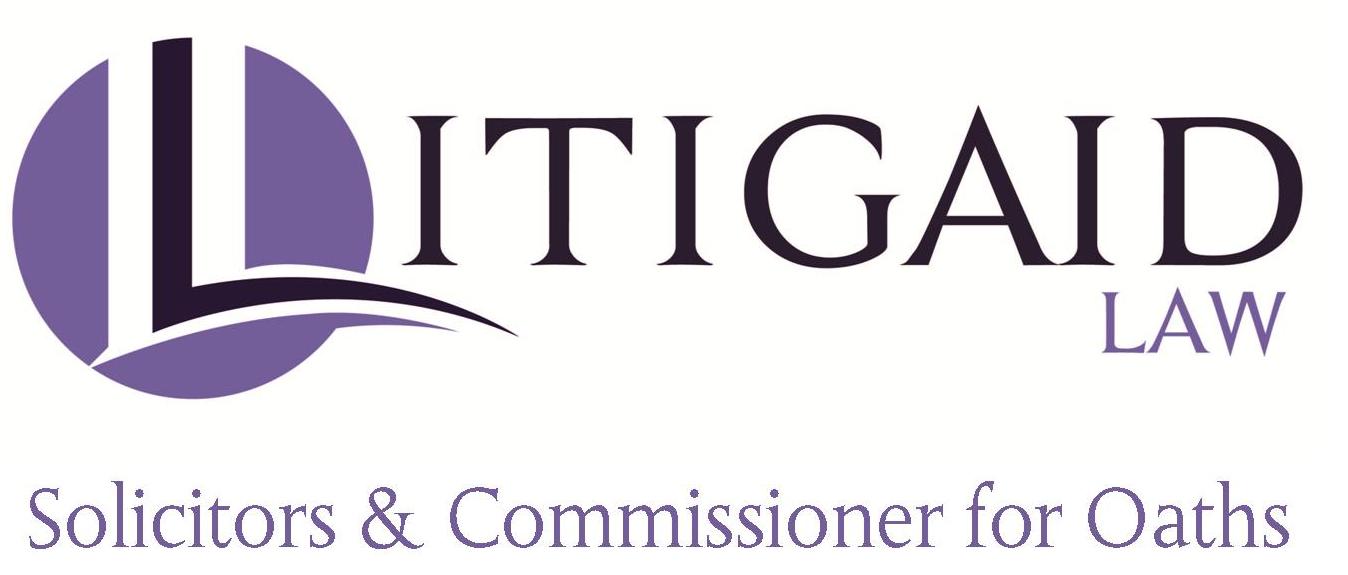Clinical Negligence
There are times when we place our health and wellbeing in the hands of medical professionals, whether it be our GP, hospital nurses or surgeons during routine or life-changing events.
At these points in your life, you should expect the highest level of care. Thankfully, our healthcare system usually delivers just that. But if something does go wrong, we can help you get the compensation you or your loved one deserve.
Clinical negligence, or medical negligence as it is also known, is the area of law dedicated to helping people who have suffered as a result of a failing by a member of the medical profession. This can be, for example, a doctor, nurse, dentist, chiropractor or physiotherapist. All of these people must to carry out their roles with the ‘appropriate level of care’ and a failure to do so can often lead to serious and lasting damage.
A clinical negligence claim can arise from a variety of different situations – from a failure to diagnose a condition or misdiagnosis, failure to explain the possible outcomes or side effects of a treatment, surgical errors, medication errors and avoidable problems at childbirth which have resulted in injuries to either or both the mother and the child.
Both private practices and the public health service (GHA) can be at fault and Litigaid Law can help with claims relating to both private medical treatments and GHA treatments.
If you or a member of your family has come to harm as a result of negligence, you have a right to seek compensation for your injuries. We can help you through the difficult time with sensitivity and professionalism. We can talk through your needs with you, discuss with you whether you have a legitimate claim and explain and guide you through the process of claiming compensation.
We offer ‘no win no fee’ funding for this type of legal work and we will explain to you how this funding can be made available to you.
FAQ’s.
What is clinical negligence?
The first question you might be asking yourself is ‘what is clinical negligence?’ Clinical negligence, also known as medical negligence, occurs when a medical professional or organisation provides substandard care to a patient resulting in injury or illness, or in some instances, causing an existing condition to get worse.
There are two things that we would be required to prove in a clinical negligence claim:
- The healthcare professional or organisation failed to carry out their duty of care.
- Avoidable harm was caused as a result of their negligence.
How do I make a claim?
If you or someone you know has been a victim of clinical negligence, the first step is to contact us. We offer a free no obligation consultation to talk about what happened and to help understand whether or not we think you have a claim.
We will do all we can to take the worry and hassle out of making a claim and gather all the medical evidence to make sure your case is as strong as possible.
Is there a time limit for clinical negligence claims?
There is usually a three year time limit in place for claiming clinical negligence compensation. This time limit will run from either the date that the negligence occurred or from when you first became aware of the injury being caused by negligence.
How is a clinical negligence claim funded?
Our clinical and medical negligence claims are funded through a No Win No Fee agreement, meaning that there is no financial risk to you.
There are other ways that may be available to you, including:
- Legal Aid
- Conditional fee agreement
- Private funding
Please see our Terms of Business for full details on funding options available.
Why should I make a claim?
A claim will be able to provide financial compensation which will go towards making life more manageable following the incident. It will go towards enabling you to have the best quality of life and covering any expenses or loss of earnings that you may have incurred along the way.
We will take into account factors such as further treatments needed, possible adaptations to your home or care costs that may have arisen following the negligence.









